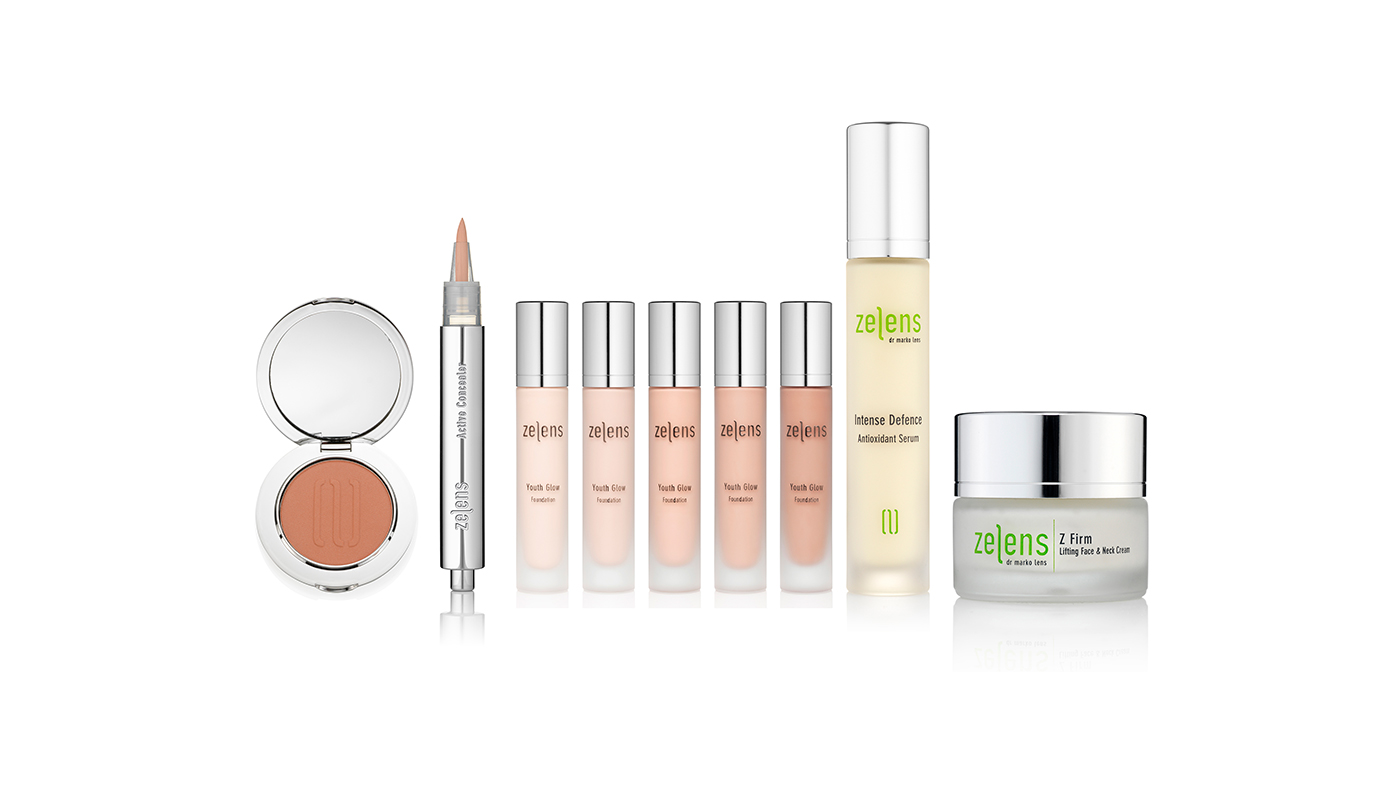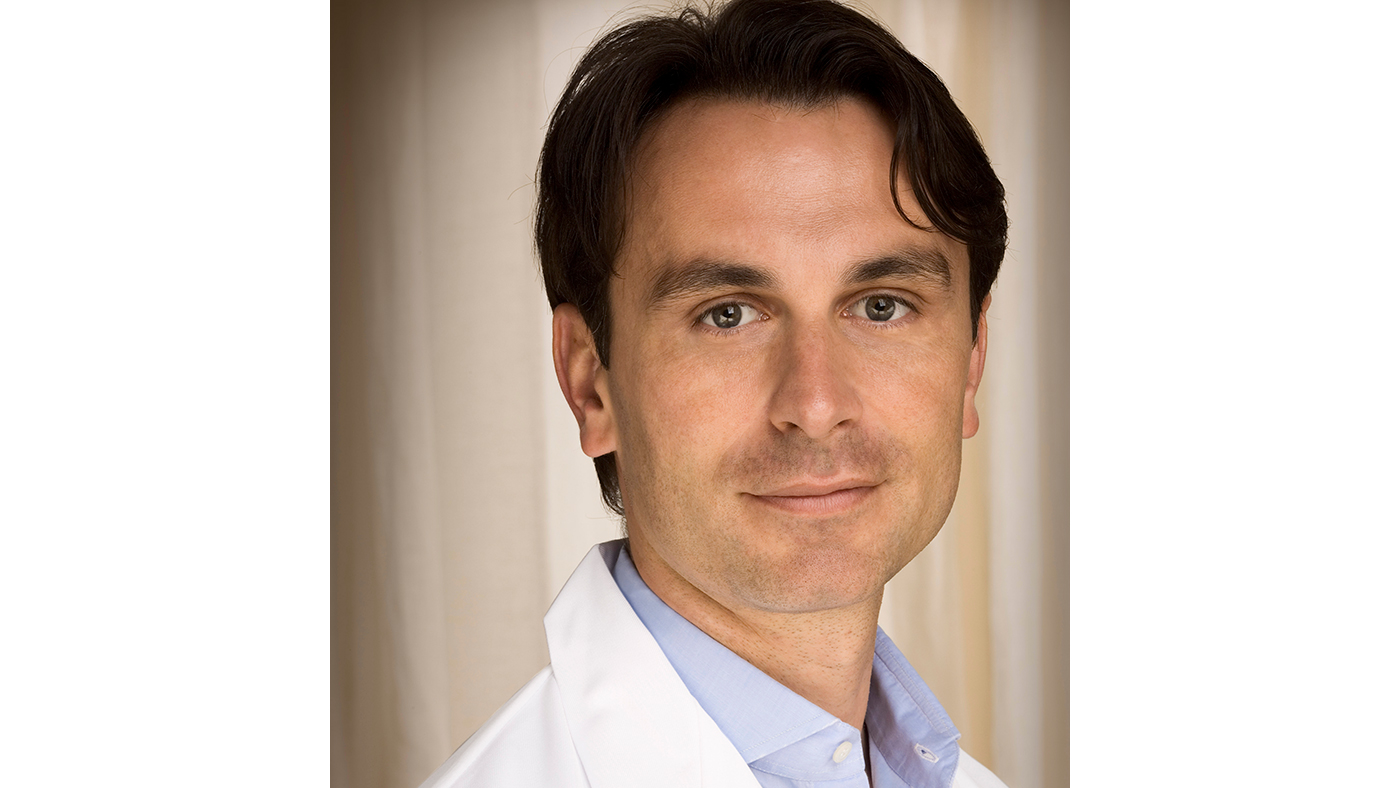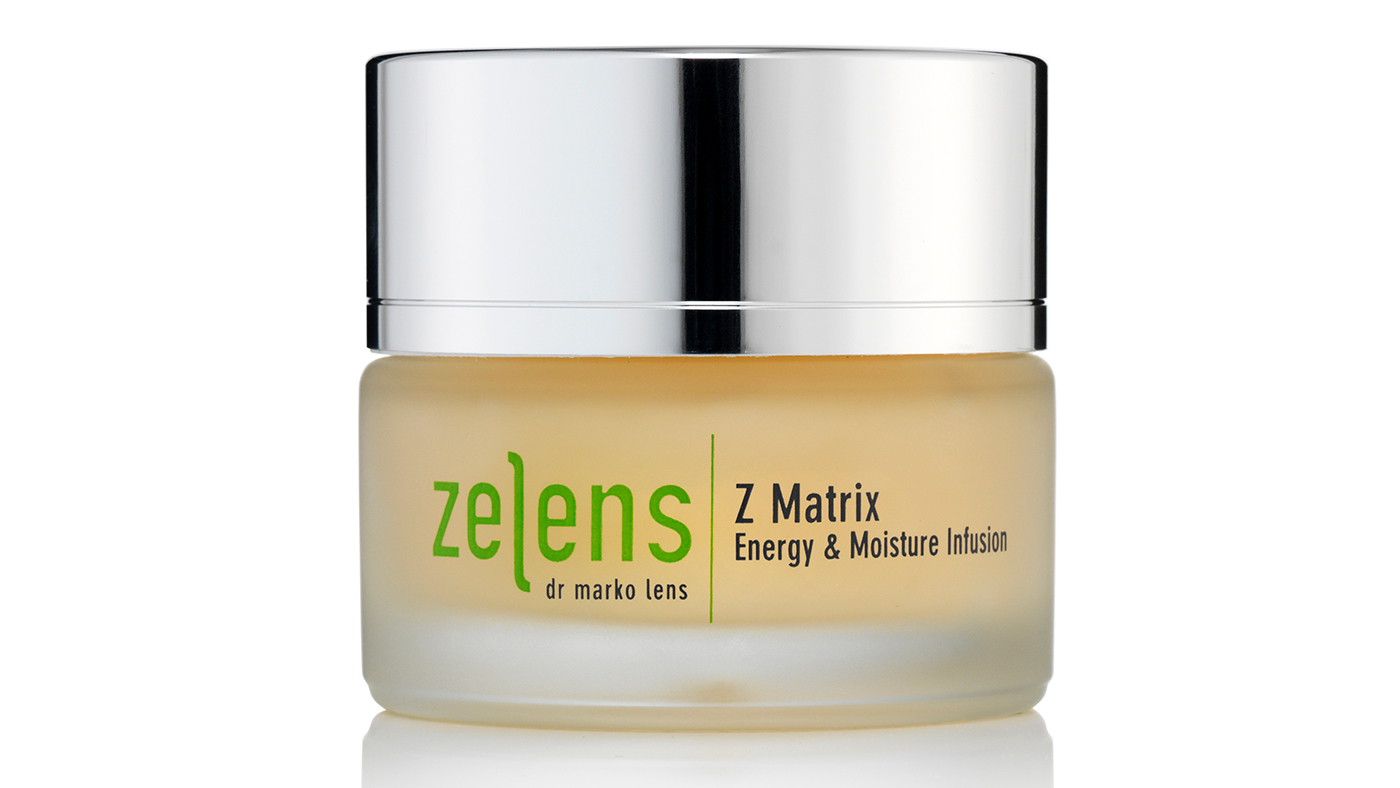Dr Marko Lens on why skincare needs more than costly creams
The renowned skin specialist explains the philosophy behind his brand Zelens, the wonders of biotechnology and what's next for the industry

A free daily email with the biggest news stories of the day – and the best features from TheWeek.com
You are now subscribed
Your newsletter sign-up was successful

Working as a clinician, I communicate with clients every day, and they always ask me for advice about what products they should use on their skin. But the marketplace for skincare is oversaturated, with everything from serious to charlatan brands, so it's very difficult to know what to suggest. That's the reason I developed Zelens: I wanted really solid, scientific evidence about what works for skin and what is good for skin; to create a line that would basically cover all the needs for different skin problems and types.
I have done a lot of research in the fields of skin ageing and skin cancer, so I wanted to use my 20 years of experience and put it in the jar. It seemed to me a useful way of expressing the knowledge I have gained through my research, and there was clearly a desire for such products from my clinical clients.
I'm very sceptical about brands promoting products with a big hero ingredient: "Black orchid does x," and "Apple stem cells do y". Ageing is a complex process; you can't fight it with one ingredient. You really need to target ageing by shooting from different angles, attacking different mechanisms and processes; and therefore you need many players. My philosophy is to tackle ageing using a lot of active ingredients working in synergy.
The Week
Escape your echo chamber. Get the facts behind the news, plus analysis from multiple perspectives.

Sign up for The Week's Free Newsletters
From our morning news briefing to a weekly Good News Newsletter, get the best of The Week delivered directly to your inbox.
From our morning news briefing to a weekly Good News Newsletter, get the best of The Week delivered directly to your inbox.
The other philosophy of the brand is to provide real scientific evidence. I want to see what's going on, to know what the cream does. So we do proper clinical studies to show the efficiency and share that information on our website. I want to be transparent with consumers and substantiate all the claims we're making. I don't make miracle claims because I don't do miracles. If a miracle cream existed, as a plastic surgeon, I wouldn't have a job.
I wanted the Zelens brand website to inform and educate people about skincare because buying a £200 cream doesn't mean you are using a product that is correct for you or your problem. At the moment there is so much confusion in the market; I wanted to produce a line with integrity and, if you look, many of our clinical results are published in peer-reviewed medical journals. The educational part is very important to me.
Skin is the body's largest organ. So for me, treating the skin is not about cosmetics. The products I create are more like pharmaceuticals – I treat them carefully and do safety and efficiency studies to ensure they are respectful to the skin.
My method is to combine active biotechnological ingredients with pure molecules derived from botanicals, and put them to work together in a skin-friendly base. Biotechnological ingredients are made in a laboratory, because they require a technological process. Nowadays, advanced biotechnology is being used to make sophisticated peptides (amino acid compounds); it's a very novel, advanced technology, and Zelens is using it to create high-tech ingredients.
A free daily email with the biggest news stories of the day – and the best features from TheWeek.com

Looking at natural ingredients, for example, I don't want the dried plants – I want the fresh plants and I want to extract real molecules from them. Our Z Matrix Energy & Moisture Infusion contains rosmarinic acid, which has strong antioxidant and anti-inflammatory properties. We use a biotechnological process to extract the pure rosmarinic acid molecule from the leaf of the rosemary plant, and it is this molecule that is applied to the skin in our cream, to carry out the restorative function it is intended for.
Everything in Zelens' products has an active purpose and the base creams are designed to mimic the natural lipids (fatty acids) of the skin. My first priority is not to harm the skin barrier function, but to boost it; skin is our contact with the external world, so if you damage that contact, everything inside will be damaged. Many people make a lot of mistakes when cleansing – they remove the good lipids and damage the skin barrier function. While it's extremely important that you remove impurities, it's also important not to be excessive or use aggressive products. Sun protection is also a must; it should be the last step of a skin regime. I recommend SPF30 broad spectrum, and it should be applied every two hours if you are exposed to the sun.
There are more and more studies showing that the probiotics and bacteria in our gut have an impact on the look of our skin. And there is more and more research now showing that different skin has different bacteria naturally present on it. These bacteria are extremely important as they are different for different skin types and problems, so we should look at that bacteria in order to determine the best possible skincare regime for an individual. This would require a skin analysis where we take a swab of the skin, see exactly what your skin microbiome is (what bacteria you have present) and suggest what products you should use based on that. I don't know exact timing for bringing this to consumers – maybe five to ten years – but research is moving in that direction. This is the future of skincare.
Dr Marko Lens is an internationally renowned authority in the field of skin ageing and skin cancer. He is a plastic and reconstructive surgeon practising in London and is a Fellow of the Royal College of Surgeons. Dr Lens holds a Master of Science degree from Harvard University and a PhD from the University of Oxford; zelens.com
-
 The ‘ravenous’ demand for Cornish minerals
The ‘ravenous’ demand for Cornish mineralsUnder the Radar Growing need for critical minerals to power tech has intensified ‘appetite’ for lithium, which could be a ‘huge boon’ for local economy
-
 Why are election experts taking Trump’s midterm threats seriously?
Why are election experts taking Trump’s midterm threats seriously?IN THE SPOTLIGHT As the president muses about polling place deployments and a centralized electoral system aimed at one-party control, lawmakers are taking this administration at its word
-
 ‘Restaurateurs have become millionaires’
‘Restaurateurs have become millionaires’Instant Opinion Opinion, comment and editorials of the day